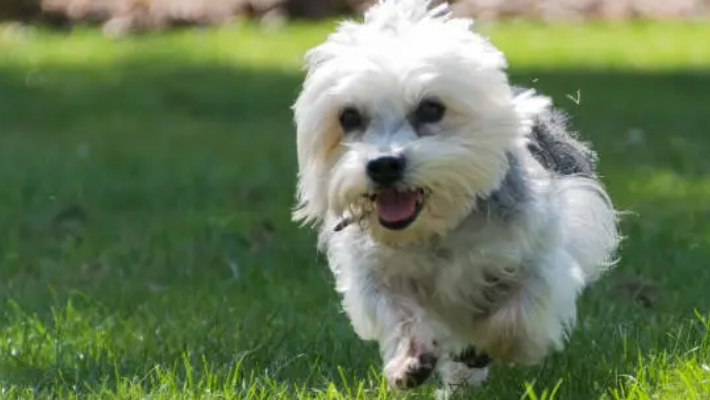 |
| Dandie Dinmont Terrier |
The Dandie Dinmont Terrier is a small and unique breed of terrier that is known for its distinctive appearance and charming personality. This breed has a rich history and a loyal following of enthusiasts who appreciate its many special qualities. In this article, we will explore the origins of the Dandie Dinmont Terrier, its physical characteristics, temperament, and more.
History
The Dandie Dinmont Terrier originated in the border region between England and Scotland, and is named after a character from Sir Walter Scott's novel Guy Mannering. The breed was originally developed to hunt and control vermin on farms and has a long history as a working dog. The Dandie Dinmont Terrier's unique appearance and charming personality quickly made it a favorite among farmers and country gentlemen.
YOU MAY LIKE:
The 10 Best Dog Breeds for Active PeopleThe 10 Best Dog Breeds for First-Time Owners
The 10 Best Dog Breeds for Guarding
The 10 Best Dog Breeds for Seniors
The 10 Best Hypoallergenic Dog Breeds
The 10 Complete Dog Breeds Guide for Beginners
The 10 Dog Breeds Perfect for Families with Children
The 10 Dog Breeds with the Best Diving Abilities
Physical Characteristics
The Dandie Dinmont Terrier is a small dog, typically weighing between 18 and 24 pounds. It has a distinctive appearance, with a long body, short legs, and a large head with a topknot of hair that gives it a unique and endearing look. The breed's coat can be either mustard or pepper in color, and requires regular grooming to keep it looking its best.
Temperament
The Dandie Dinmont Terrier is known for its friendly and affectionate nature. This breed is loyal, intelligent, and makes a wonderful companion for families and individuals alike. They are also known for their independent streak and can be somewhat stubborn at times, so early training and socialization are important for a well-behaved Dandie Dinmont Terrier.
Health and Care
Like all breeds, the Dandie Dinmont Terrier is prone to certain health issues, including patellar luxation, hypothyroidism, and glaucoma. Regular vet check-ups, a healthy diet, and regular exercise are important for keeping this breed in good health. Additionally, regular grooming and maintenance of their unique coat is important for their well-being.
Conclusion
The Dandie Dinmont Terrier is a truly unique breed with a rich history and many special qualities. Their distinctive appearance, charming personality, and loyal nature make them a wonderful companion for those who appreciate their unique charms. With proper care and training, the Dandie Dinmont Terrier can make a wonderful addition to any family or individual looking for a loyal and loving companion.
FAQs
Are Dandie Dinmont Terriers good with children?
Yes, Dandie Dinmont Terriers can make great family pets and are typically good with children. However, as with any breed, it’s important to supervise interactions with young children and make sure they are trained and socialized properly.
Do Dandie Dinmont Terriers require a lot of grooming?
Yes, Dandie Dinmont Terriers have a unique coat that requires regular grooming to keep it looking its best. This includes brushing and occasional trimming to keep their coat in good condition.
Are Dandie Dinmont Terriers easy to train?
Dandie Dinmont Terriers can be somewhat independent and stubborn, so they may require some patience and consistency when it comes to training. Early training and socialization are important for a well-behaved Dandie Dinmont Terrier.
Do Dandie Dinmont Terriers get along with other pets?
With proper socialization, Dandie Dinmont Terriers can get along well with other pets in the household. However, they do have a natural prey drive, so it’s important to introduce them to other pets slowly and under controlled circumstances.
How much exercise do Dandie Dinmont Terriers require?
Dandie Dinmont Terriers are a moderately active breed and require regular exercise to keep them happy and healthy. Daily walks and playtime will help keep them mentally and physically stimulated.


